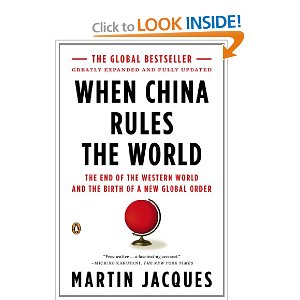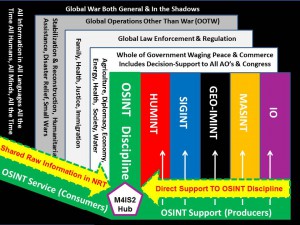
Reed Business Information: A convincing economic, political and cultural analysis of waning Western dominance and the rise of China and a new paradigm of modernity. Jacques (The Politics of Thatcherism) takes the pulse of the nation poised to become, by virtue of its scale and staggering rate of growth, the biggest market in the world. Jacques points to the decline of American hegemony and outlines specific elements of China's rising global power and how these are likely to influence international relations in the future. He imagines a world where China's distinct brand of modernity, rooted firmly in its ancient culture and traditions, will have a profound influence on attitudes toward work, family and even politics that will become a counterbalance to and eventually reverse the one-way flow of Westernization. He suggests that while China's economic prosperity may not necessarily translate into democracy, China's increased self-confidence is allowing it to project its political and cultural identity ever more widely as time goes on. As comprehensive as it is compelling, this brilliant book is crucial reading for anyone interested in understanding where the we are and where we are going.
40-Minute Audio of 18 Oct 2012
Tip of the Hat to Contributing Editor Berto Jongman.
Phi Beta Iota: The book and the presentation both suffer from the halting British method, and from a lack of the larger context in which Brazil, India, Indonesia, and Russia at least, but also Iran, Nigeria, and Turkey, have their own growth and influence. The two key points in favor of the book are its compelling indictment of the failure of the West to think holistically, and its equally compelling depiction of China as a political-economic-cultural entity that is coherent and also consistent at a scale beyond Western imagination — Chinese culture, in the author's view, is more enabling of diversity. “One Country, Many Systems” in which sovereignty might be extended to many countries (Taiwan first, Argentina later) without imposing communist or statist mores on the new provinces. The author calls this a “civilization state.” In contrast to the West, China does not export its values with violence, but focuses instead on soft power that invites others to embrace the values of the Middle Kingdom. This is a more stable and hence more sustainable form of universalism. China will shape the world economic order, not the world political order. China will redefine trade by being the main trading partner for most others; China will redefine finance both in aid and in China's alternative remittances and transfers bypassing the dollar and SWIFT system); and China will redefine culture, nurturing a world of cultures that are not force-fit toward the Western model.





